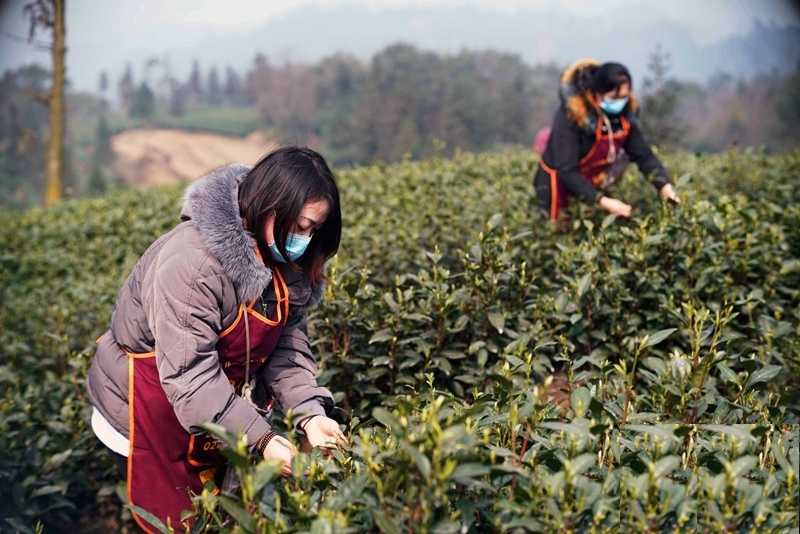NOVARA, Italy – After the outbreak of respiratory disease caused by an infection with the new type of coronavirus (2019-nCoV), and the subsequent epidemic in various regions of China, first infections in humans have also now been diagnosed in Europe. Concerned consumers and professionals have asked the Italy Tea & Infusions Association (ITA.Tea) whether the virus can also be transmitted to humans via food and other imported products such as children’s toys, mobile telephones, teapots etc.
In this regard, on the basis of the indications released by the German Federal Institute for Risk Assessment (BfR) on 3 February, ITA.Tea reports the most important questions and answers on the topic.
What do we know so far about the new type of virus-related respiratory diseases?
The new type of respiratory diseaseis based on an infection with the new type of coronavirus (2019-nCoV), according to the current state of knowledge. Information about the exact transmission methods of this coronavirus is still limited. However, the transmission routes of other closely related coronaviruses are well known.
Different types of coronavirus typically trigger symptoms of a common cold in humans. Moreover, other coronaviruses, such as the SARS and MERS coronaviruses, have occurred in the past which have led to severe respira- tory diseases. The main target organs of the coronavirus in humans are the respiratory tract organs.
The most important transmission route is a ‘droplet infection’, where coronaviruses are emitted by humans or animals into the air via droplets, and then inhaled. Different respir atory tract pathogens can also be transmitted via smear infections. In those cases, pathogens located on the hands enter the mucus membranes of the nose or eyes, where they may lead to an infection.
Are there other possible transmission route?
There are currently no cases which have shown any evidence of humans being infected with the new type of coronavirus by another route, such as via the consumption of contaminated food or via imported toys.
There are also no known reports for other coronaviruses about infections due to food or contact with dry surfaces. Transmission via surfaces which have recently been contaminated with viruses is, nonetheless, possible through smear infections. However, this is only likely to occur during a short period after contamination, due to the relatively low stability of coronaviruses in the environment.
Can imported goods from regions where the disease has spread be sources of an in fection in humans?
Due to the transmission methods recorded thus far, and the relatively low environmental stability of coronaviruses, it is unlikely that imported goods such as imported foods or consumer goods and toys, tools, computers, clothes or shoes may be sources of an infection with the new type of coronavirus, according to the current state of knowledge.
How can we protect ourselves from being infected by the virus via food and products?
Although it is unlikely that the virus will be transmitted via contaminated food or imported products, general everyday hygiene rules, such as regular hand washing, and hygiene rules for food preparation should be observed when handling them. As the viruses are sensitive to heat, the risk of infection can also be further reduced by heating foods.
Can coronaviruses survive and remain infectious on fixed and dry surfaces, outside human or animal organisms?
The stability of coronaviruses in the environment depends on several factors, such as tem- perature, air humidity and surface conditions, as well as the specific virus strains and the virus quantity. In general, human coronaviruses are not particularly stable on dry surfaces.
Inactivation in dry conditions generally occurs within a period from a few hours to a few days. However, there is currently still no more specific data about the novel coronavirus (2019- nCoV).
Can dock workers, haulage company workers handling containers, or workers who deal with the further processing of semi-finished products, components or other pre- fabricated products imported from China, be infected by the new type of pathogen?
Due to the low environmental stability of coronaviruses, a transmission of the pathogen via this method seems unlikely in most cases.
For more information or to request the original document from the German Federal Institute for Risk Assessment (BfR) contact the national secretariat of Italy Tea & Infusions Association (ITA.Tea):
Telephone: (+39) 02 37 90 1810
E-mail: info@AssoteInfusi.it















